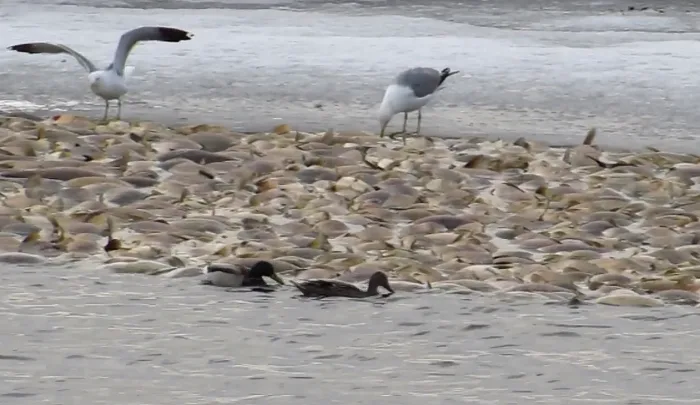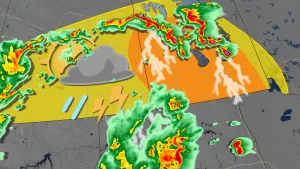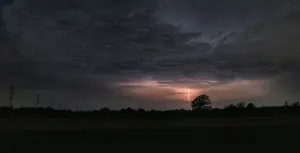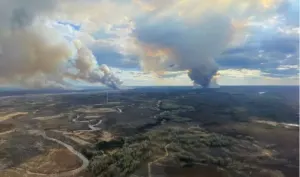
'Winter kill' causes mass fish death in Saskatchewan
A colder-than-usual winter is being blamed on the deaths.
A combination of warming temperatures and melting ice has contributed to a "considerable" amount of dead fish turning up in Regina's Wascana Lake.
In a Facebook post, officials attribute an above-average "winter kill" to a cold season resulting in increased ice cover on the lake -- leading to less oxygen available for the fish.
Regina has seen frigid temperatures, reaching as low as -42°C in early February.
"We will continue to monitor the overall quality of the lake and the fish population, as best as possible, in order to assess the severity of the winter kill on populations," Wascana Lake officials said in a statement.
Several types of fish have been impacted, but common carp is one of the main species in Wascana.
The one benefit, officials say, is that carp is a "hardy invasive species", and the winter kill will likely put a dent in the overall population.
Experts say it's not uncommon for large fish kills to occur after a long, cold winter.
“Usually it’s bigger fish that have the biggest problem because they need the most oxygen for their bodies," Peter Leavitt, a biology professor at the University of Regina, told the Regina Leader-Post.
"The small fish have a bunch of different things they can do and they’re not quite so badly affected by it."
Locals are being asked not to remove any dead fish they come across. If someone notices a particularly saturated area, they can call local wildlife officials and a clean-up crew will be deployed.










